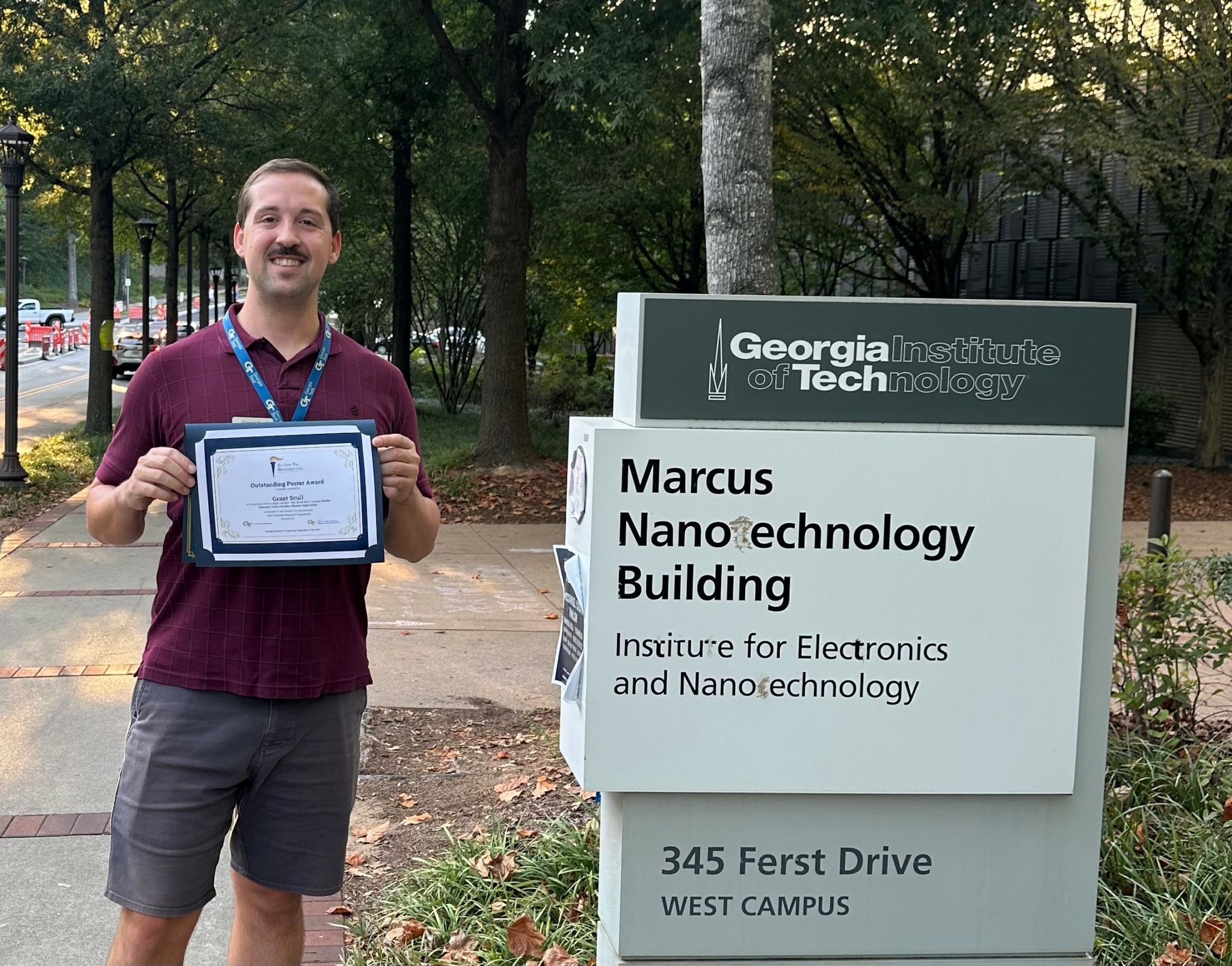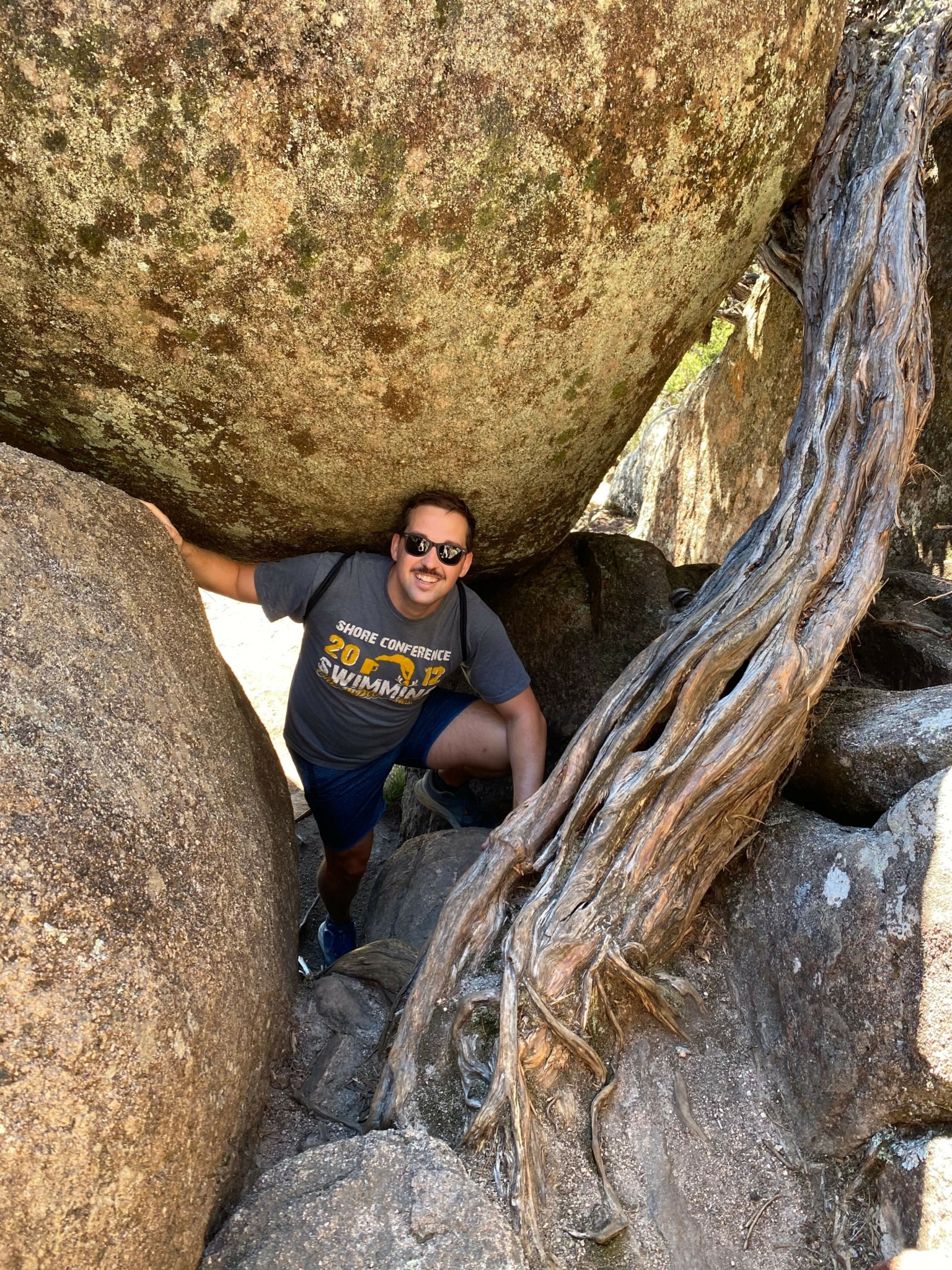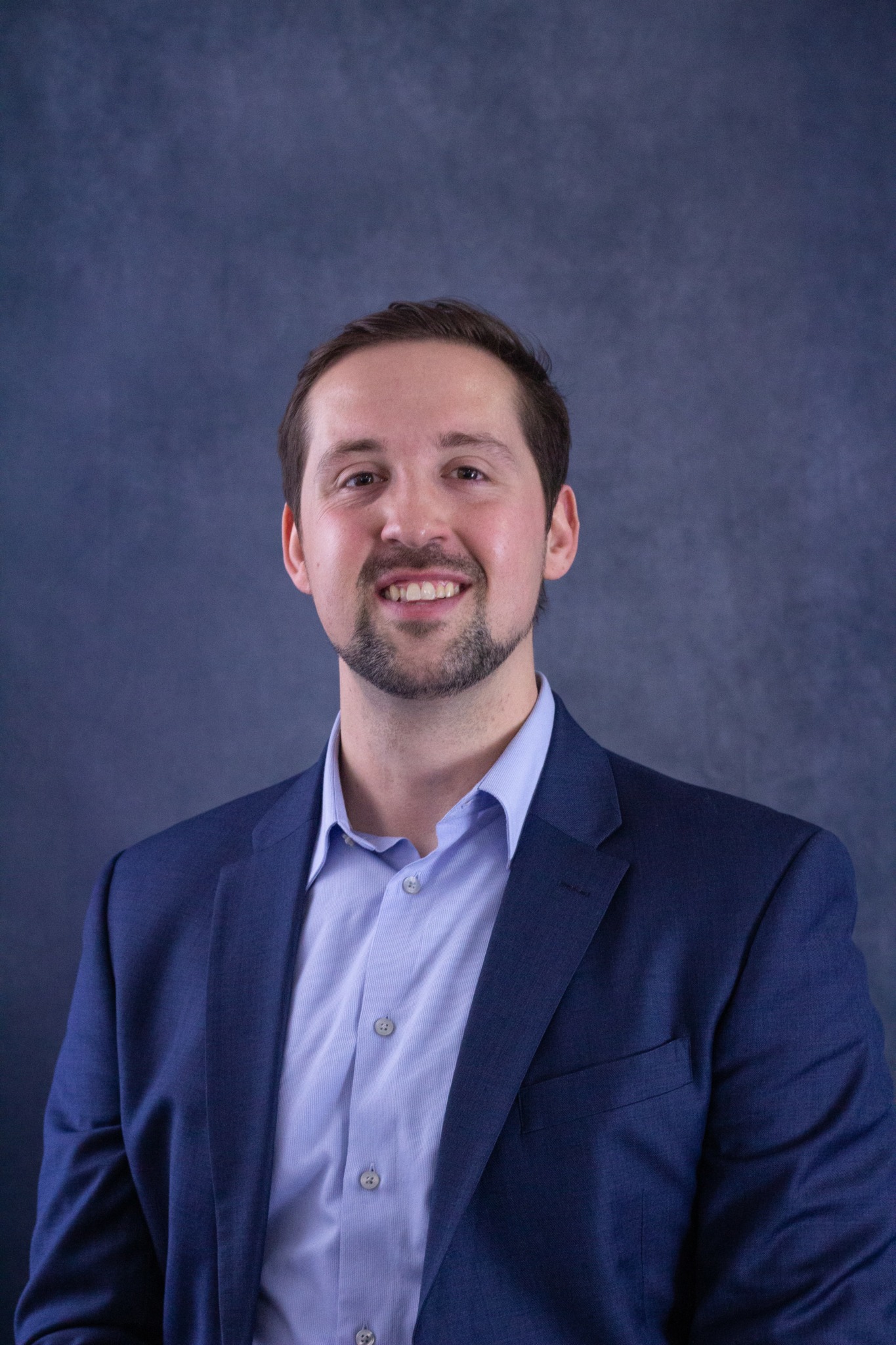We caught up with the brilliant and insightful Grant Scull a few weeks ago and have shared our conversation below.
Grant, appreciate you joining us today. If you had a defining moment that you feel really changed the trajectory of your career, we’d love to hear the story and details.
Graduate school never struck me as a path that I would follow. During my undergraduate years at Rutgers University in the Biomedical Engineering program, I was so concerned with keeping my head above water that I hardly had the opportunity to consider 5, 10, or 20 years down the line. My GPA wasn’t amazing, my extracurriculars consisted of club swimming and intramural soccer, and I had one internship in the field. Not exactly groundbreaking stuff that would land you an interview with a top program, nor a top-tier first job. Life was up in the air and I was moving South to the Research Triangle Park with nothing but my family and a determination to figure out where I fit in.
I was fortunate to find a job in a local biotech company pretty quickly, and while the position was okay and the pay was alright, it was the mentorship that really stood out. I had a few mentors at this small company who saw my potential, drive, and determination to make a difference and an impact in the world, and they completely changed my perception of graduate school. They made me feel and believe that I, despite my lack of academic ambition during my undergraduate years, I could not just hack it but also thrive in a Masters or even a PhD program! The hard part, they said, was the act of actually getting accepted.
So I struck out to beat the odds and pour my energy into earning acceptance to a PhD program. I say “earn” because it didn’t necessarily come down to prior academics, or GRE scores, or jobs and internships that I had already had to add to my resume. The real work hadn’t even started. The real work, I had come to find, was the networking aspect. While some PhD programs and professors prefer to only entertain those with top GPAs, prior publications, and perfect GRE scores, there were some professors out there who were willing to take a chance on someone like me. So I put in the work, several hours a day, taking calls on my lunch breaks, trying to get in touch with and express interest in labs whose research was in tissue engineering, the field of my true passion. The “backdoor entrance”, if you will. Eventually, I did break through and speak with these professors, sometimes multiple times, to inquire about their labs and their research, and to express my interest. I even visited some of the labs up and down the East coast, feigning vacations that were “in their neck of the woods” as an excuse to stop by, introduce myself in person, and leave a lasting impression. A few of these resulted in formal interviews, but unfortunately either weren’t a good fit or did not end in admission.
As I was losing hope, a professor with a research focus that I had been actively pursing at my local university, NC State, happened to have an opening. My mentor put me in touch with his mentor who put me in touch with Dr. Ashley Brown, and the rest was history. I am now a proud graduate of the Joint Department of Biomedical Engineering at UNC-Chapel Hill and NC State University, and my graduate school experience has forever shaped my career trajectory and my attitude towards research as a career. It turns out, with a lot of determination and networking effort, and a little luck in meeting the right people at the right time and place, you can achieve any dream you set out to pursue.

Great, appreciate you sharing that with us. Before we ask you to share more of your insights, can you take a moment to introduce yourself and how you got to where you are today to our readers.
I am a biomedical engineer and scientist at my core, and in an age when the pillars of science are under attack from multiple directions and we are facing the greatest budget deficit in history, it falls to those with a platform to reach out and connect with the public. The scientific method has been construed as untrustworthy and nebulous, and the scientists that practice it painted as unscrupulous and untrustworthy, by our own government nonetheless. I want the public to know that scientists like myself are your neighbors, your friends, and your allies, and the vast majority of us have integrity and a desire to develop products and inventions for the benefit of the world.
Inspired at a young age by my uncle who pursued his Masters in biomedical engineering at Duke University, I delved deeply into biology in high school and was accepted into Rutgers University School of Engineering for biomedical engineering. After graduating and moving to the RTP area, I worked as a research associate and eventually found my way back into academia as a PhD student in the Joint Department of Biomedical Engineering at UNC-Chapel Hill and NC State. While there, I was fortunate to have several leadership positions in the local and national student chapters of the Society For Biomaterials, which informed my interest in biomaterials science, development, and characterization methodology. I successfully defended my dissertation in July, developing and characterizing fibrin-modulating colloidal nanoparticle therapeutics for treatment of fibrin-associated diseases, and recently began my career as a postdoctoral scientist with Merakris Therapeutics here in RTP. I am currently supporting development of an amniotic fluid-based treatment for venous pressure ulcers, and am proud of the work that my fellow scientists and I are doing to reduce morbidity in this patient population.
At the end of the day, I am a scientist, and my goal is to develop therapies that help save lives. The system certainly isn’t perfect, as I’m certain is true of many professions. However, I can assure the readers that there are many guardrails in place to ensure that scientific research is conducted ethically and responsibly, and that the investment pays society back in dividends. Scientists are hurting right now from relentless attacks on our profession by those who have not been educated in our fields of study, and we need public support to resist this onslaught. I hope that my story can play a small part in supporting the cause.
Training and knowledge matter of course, but beyond that what do you think matters most in terms of succeeding in your field?
Perseverence. Understanding that failure is part of the journey and not something to be feared. They would just call it “search” and not “research” if that were the case. It is critical to find a field you are passionate about, and even more important to identify a mentor that you click with. You will likely be working with them for quite a while!

If you could go back, would you choose the same profession, specialty, etc.?
If I were to go back, I think there is a solid chance that I would stick with biomedical engineering, though perhaps explore the more mechanical side or programming. I often wish that now that I have more professional experience, that I could go back and redo my undergraduate years. I am finding that now that I have encountered situations where differential equations, biomedical transport phenomena, statics, Matlab, etc. would be useful, the coursework would sink in more effectively. That speaks to a greater issue with our education and career system however.
If not biomedical engineering, I think audio engineering or psychology would’ve been good fits. I enjoy tinkering with audio equipment to find a certain sound, and consuming media through different formats. I also enjoy getting to know people, and feel that I have a high emotional IQ that makes it easier for me to read someone’s thoughts and feelings, and dig into the real issues that they are facing.
Contact Info:



